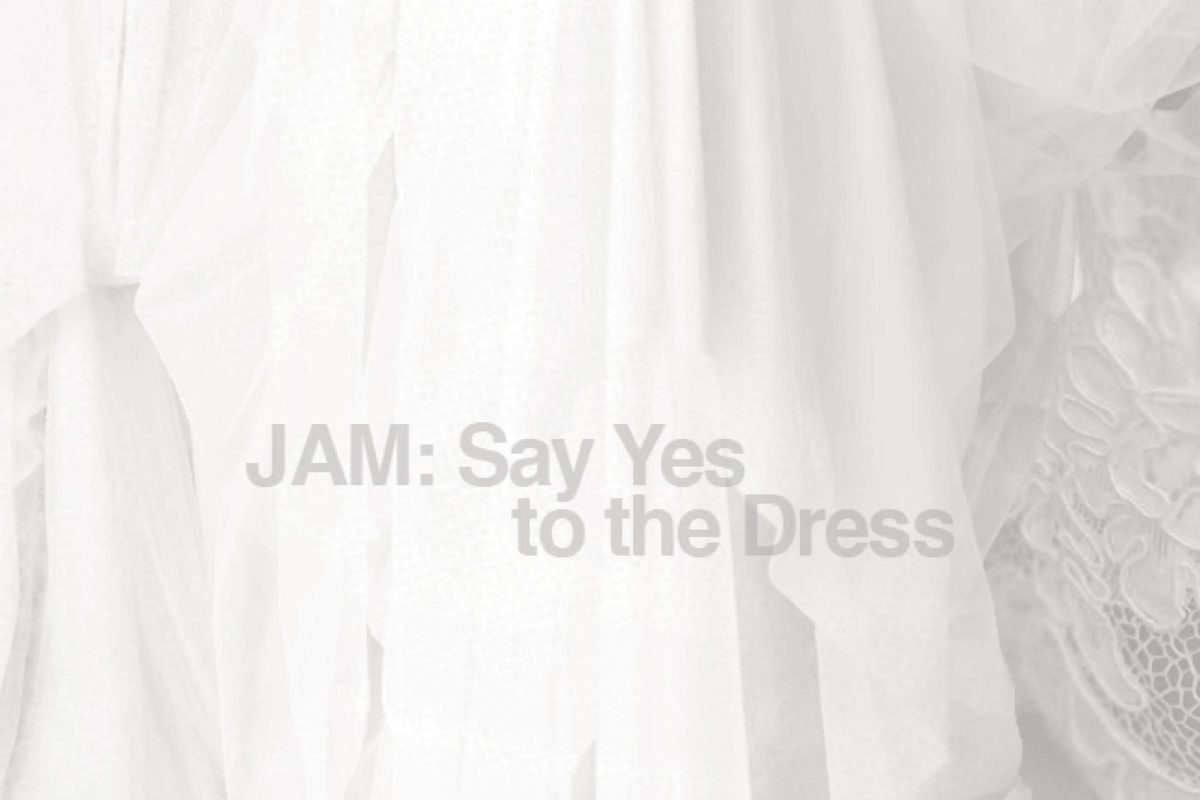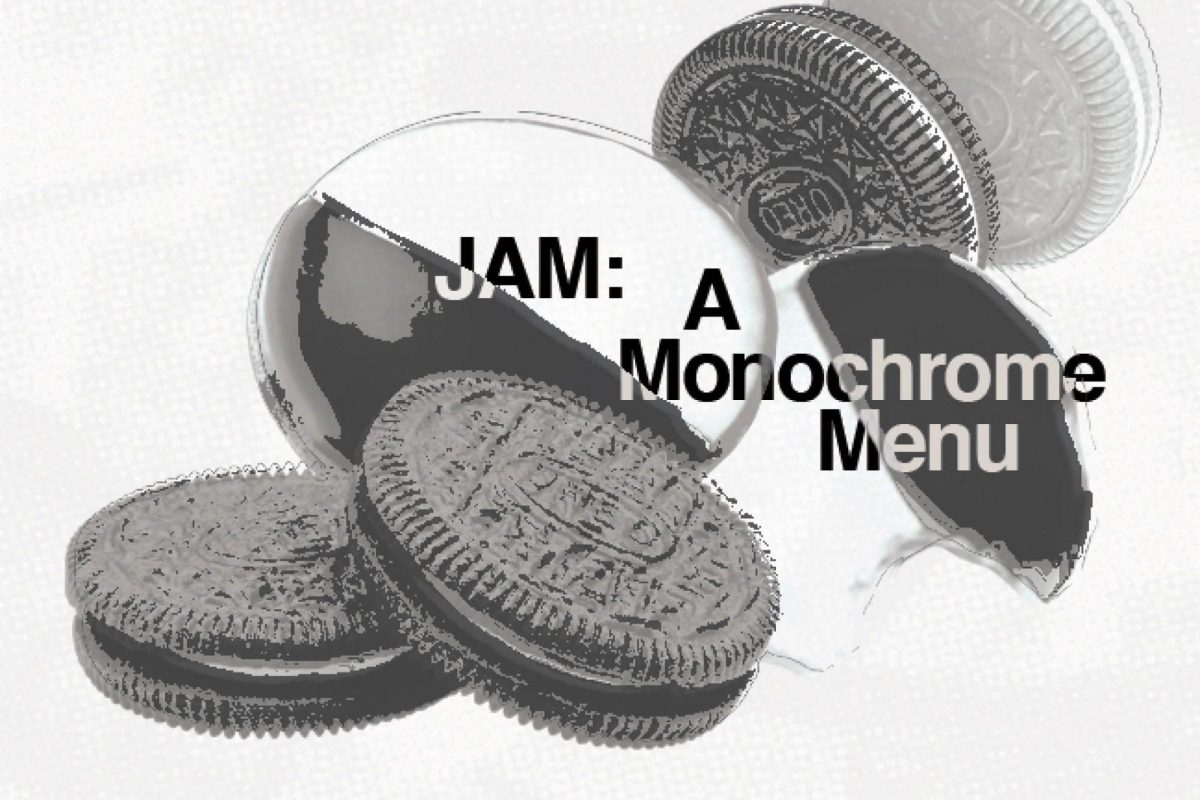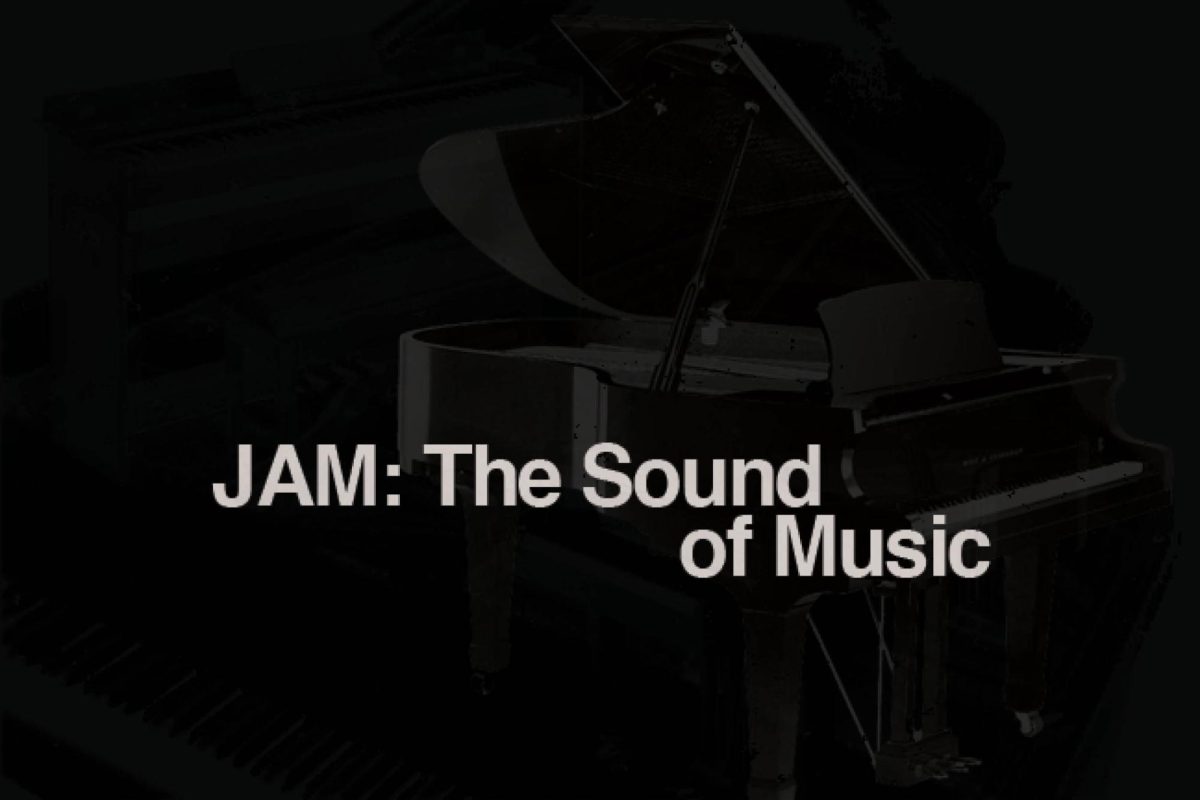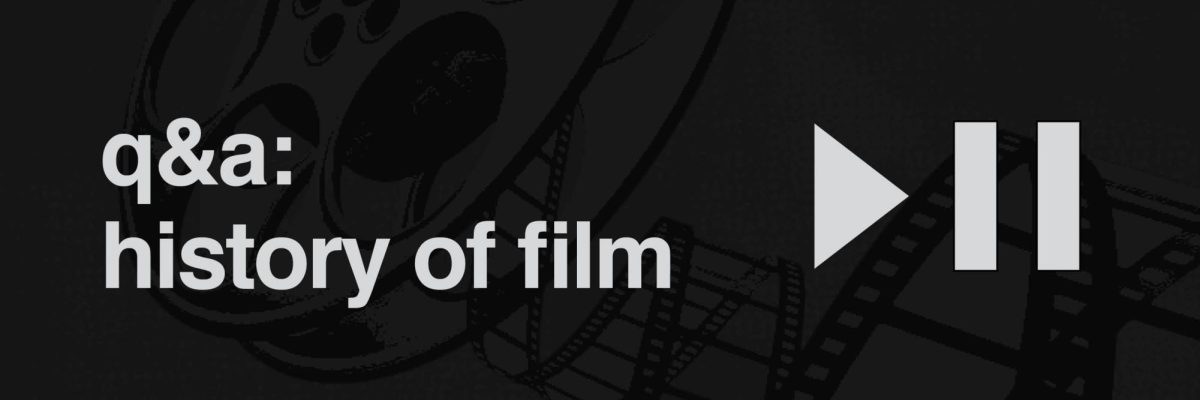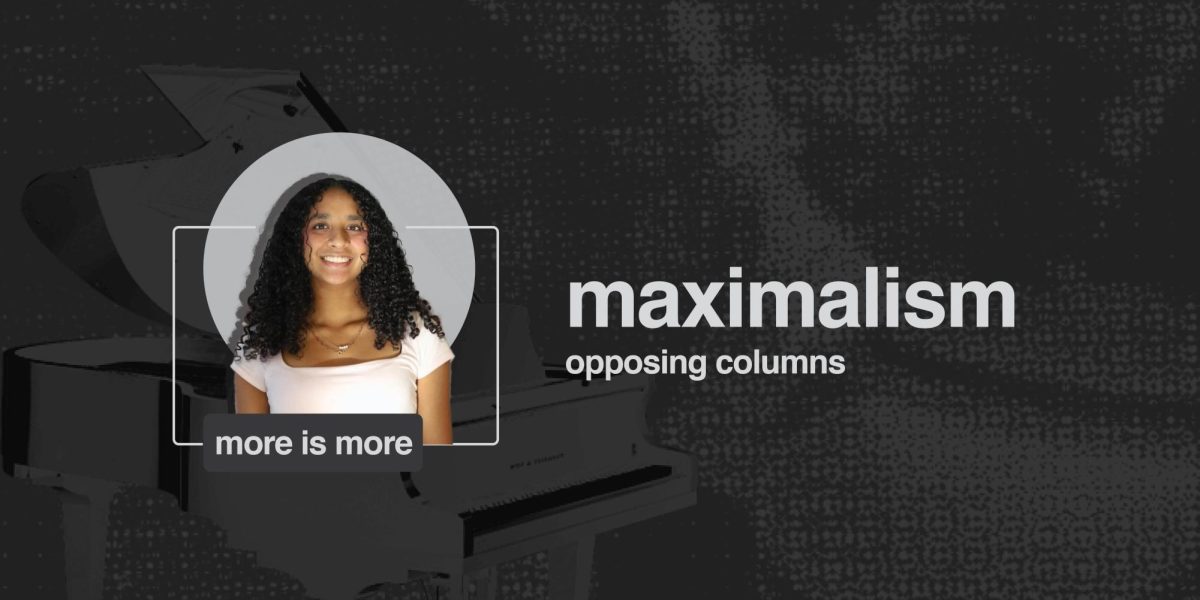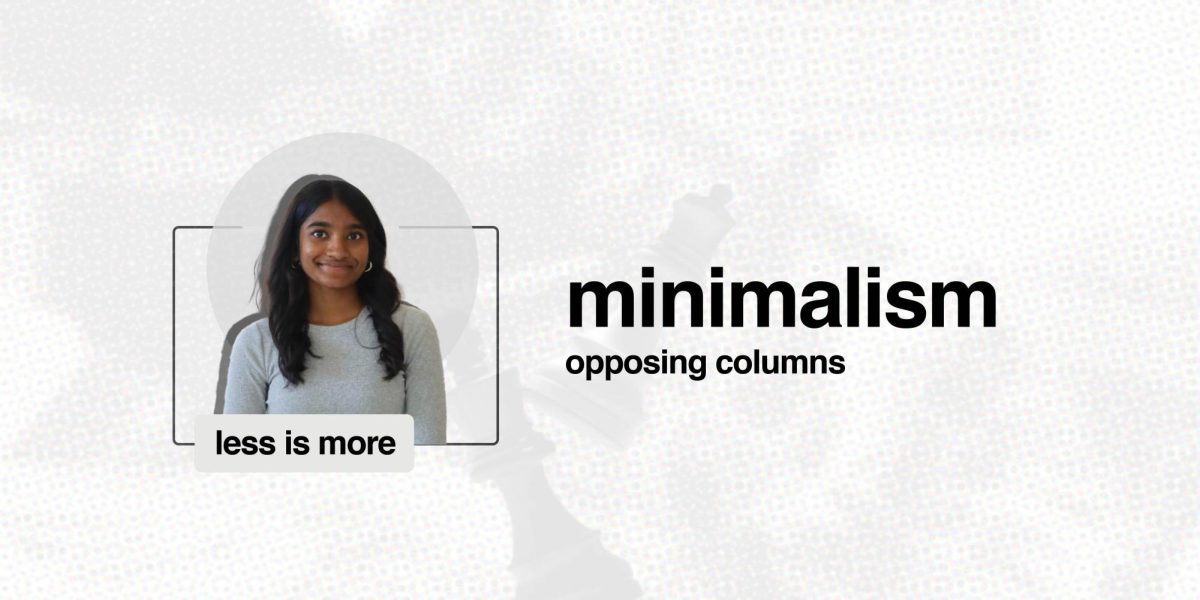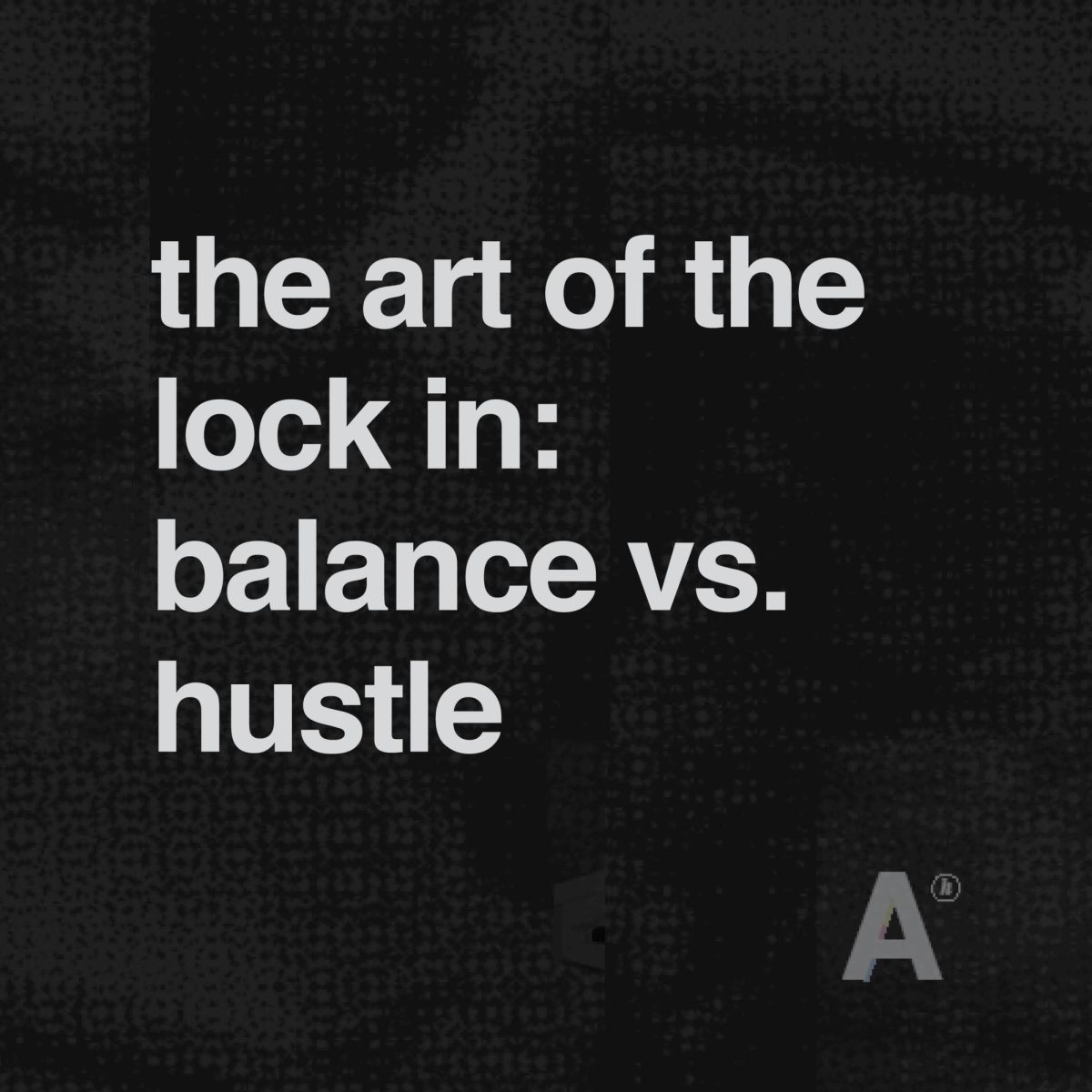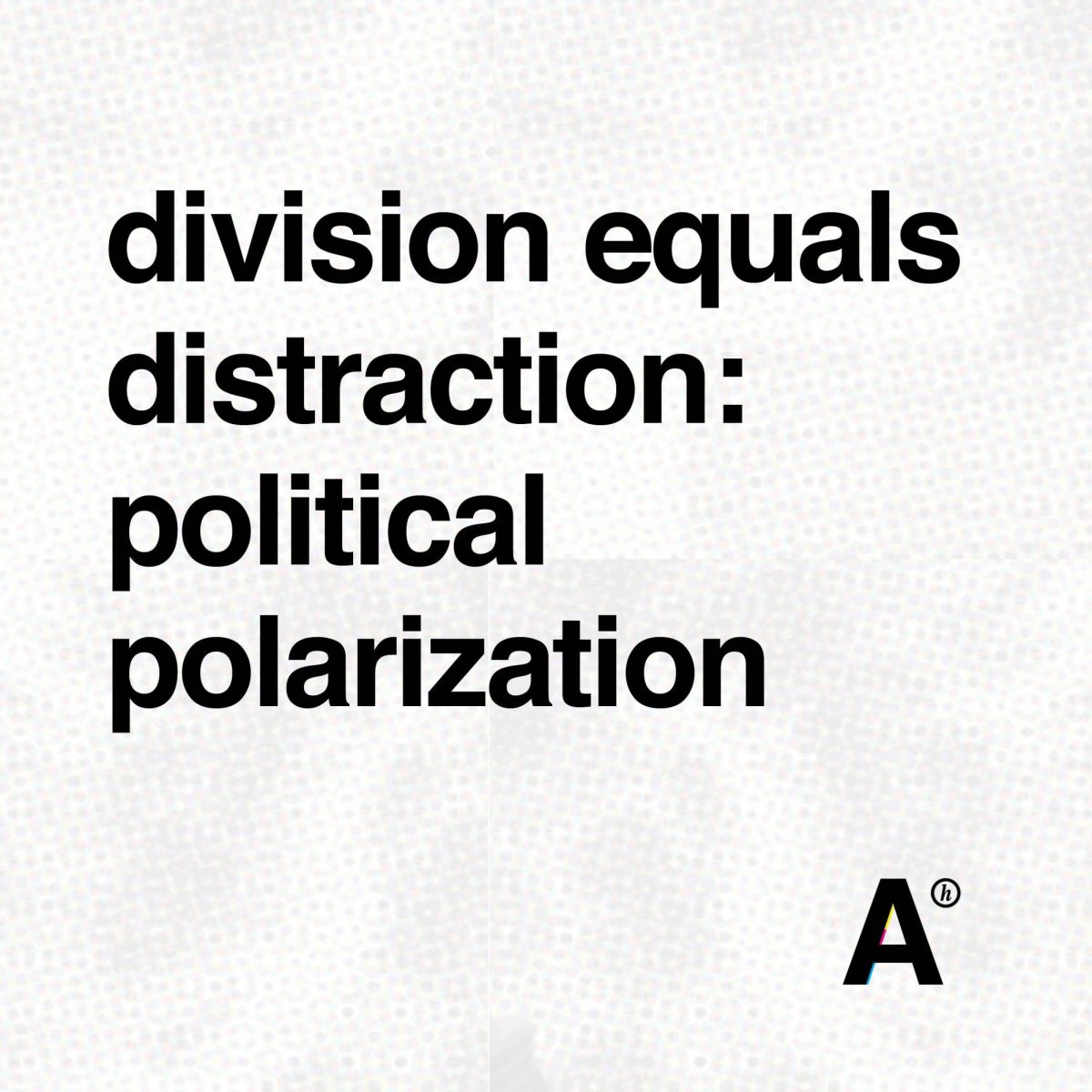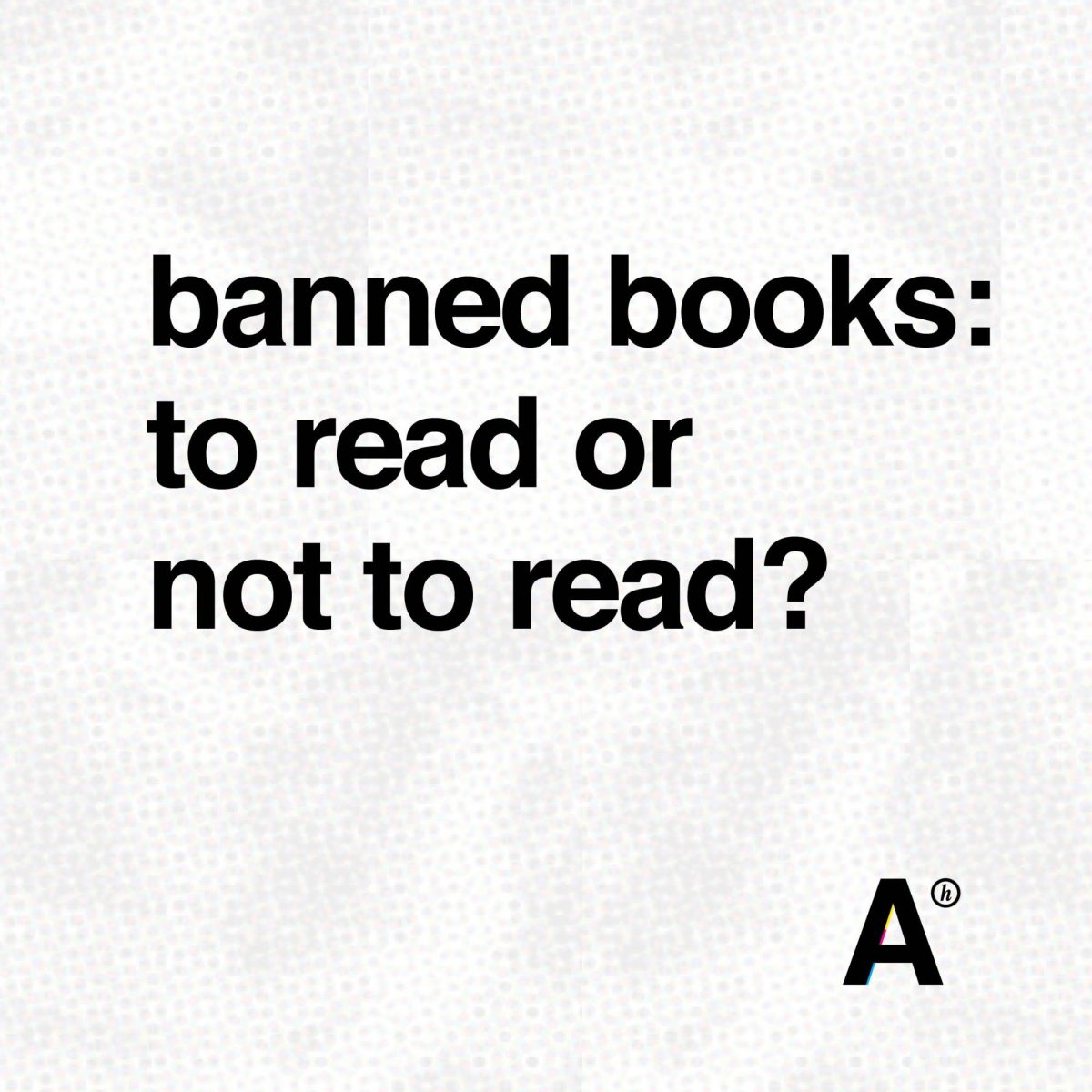Don’t rain on my (Pride) Parade
December 11, 2020
SUBMITTED PHOTOS: DANIEL TANNER
For LGBTQ+ students like junior Daniel Tanner, discrimination is a very prominant part of everyday life; however, while Tanner said he recognizes the ways discrimination can harm a member of the LGBTQ+ community, he said he has also learned to express the pride he has in being a part of the LGBTQ+ community over the years.
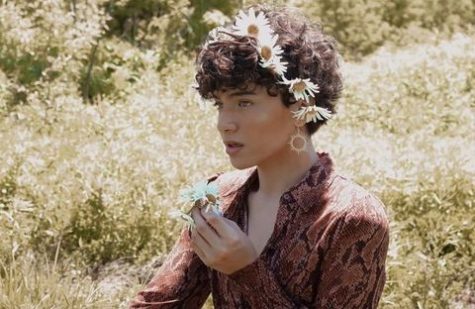
Junior Daniel Tanner expresses his style and fashion through a photoshoot during the spring of 2020. Daniel often broke societal norms in terms of gender fashion and spoke out against common discriminations.
Tanner said discrimination occurs “all because of societal pressures, all because of historical oppression, all from legislation that prevents (people in the LGBTQ+ community) from getting what they need, and more importantly from cultural and societal teachings that teach (people) to be prejudiced and homophobic.”
He said prejudice against the community can be seen in a variety of ways, from emotional distress to violent actions against members. Additionally, while Tanner claimed offensive slurs do not have a big impact on him, he said he recognized the emotional toll they may have on others, even in more accepting communities such as Carmel.
Lani Samms, member of the LGBTQ+ community and freshman, sided with Tanner’s statement and added, “The LGBTQ+ community has had to fight for their rights and had to go over so many hurdles, and (members have) been attacked and killed (as well).”
According to Cary Schwartz, counselor and ally of the LGBTQ+ community, prejudice is not a new topic, and can be very harmful for the members of the LGBTQ+ community.
“Many (members) face different types of direct and indirect discrimination,” Schwartz said via email. “I (think) implicit biases are some of the most hurtful. The language people use, the looks they give and the assumptions they make can be extremely hurtful to (people) in the LGBTQ+ community.”
However, views of the LGBTQ+ community may also be changing. A study conducted by Pew Research Center in 2020 showed in recent years, Americans have become more welcoming towards LGBTQ+ members. In the study, the acceptance rate for the community rose about 21% from 2002 to 2020.
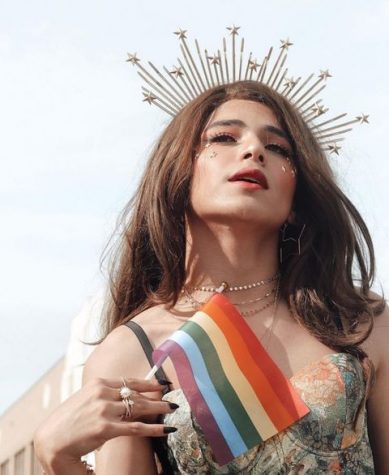
Junior Daniel Tanner holds an LGBTQ+ Pride flag and poses for a photo during Indy Pride 2019. He attended the festival in June at Military Park. The event was a festival held to celebrate the LGBTQ+ community and display pride.
Samms said most of the discrimination today can be seen from older generations, as their generation holds tight to their traditional views of sexuality and gender. On the other side of the age spectrum, Samms said younger generations tend to be more accepting of the community. She said because Generation Z is exposed to more open ways of thinking, the idea of the LGBTQ+ community has become a more normalized subject.
“Especially with things like Instagram or TikTok, I feel that Gen Z is so much more accepting. I guess it generally depends on who you associate with, but I think it’s more accepting (as a whole),” Samms said.
With the increase of normalization of the community, members like Samms and Tanner said they are more free to show pride with their place in the LGBTQ+ community through everyday activities and more specialized events like pride parades, and they said they find it important to do so.
Schwartz said pride helps other people recognize the many hurdles the LGBTQ+ community has gone through and allows members of the community to have self-expression without fear of judgement. Additionally, Tanner said pride is mostly an internal concept of being able to accept personal traits before outwardly displaying them for others.
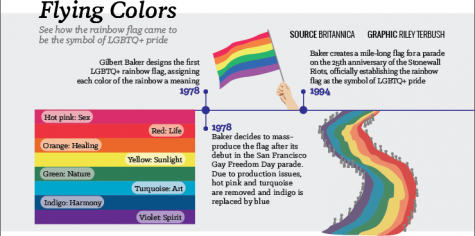
“When it comes to being oppressed for so long—obviously not in my lifetime, because it’s been a lot better since mine—but with all of these queer history events, we’ve been told to not be proud (of sexuality or gender),” Tanner said. “Pride is kind of going against what a lot of people have been taught as children or through the media. Pride (is) a protest.”
Even with the increase in acceptance for the community, Tanner said that it is still important to fight for the end to discrimination towards LGBTQ+ members.
Tanner said, “Just because there’s less physical discrimination and less violence in our day-to-day lives, especially at Carmel, it’s still important to see the progress that we have to make.”



